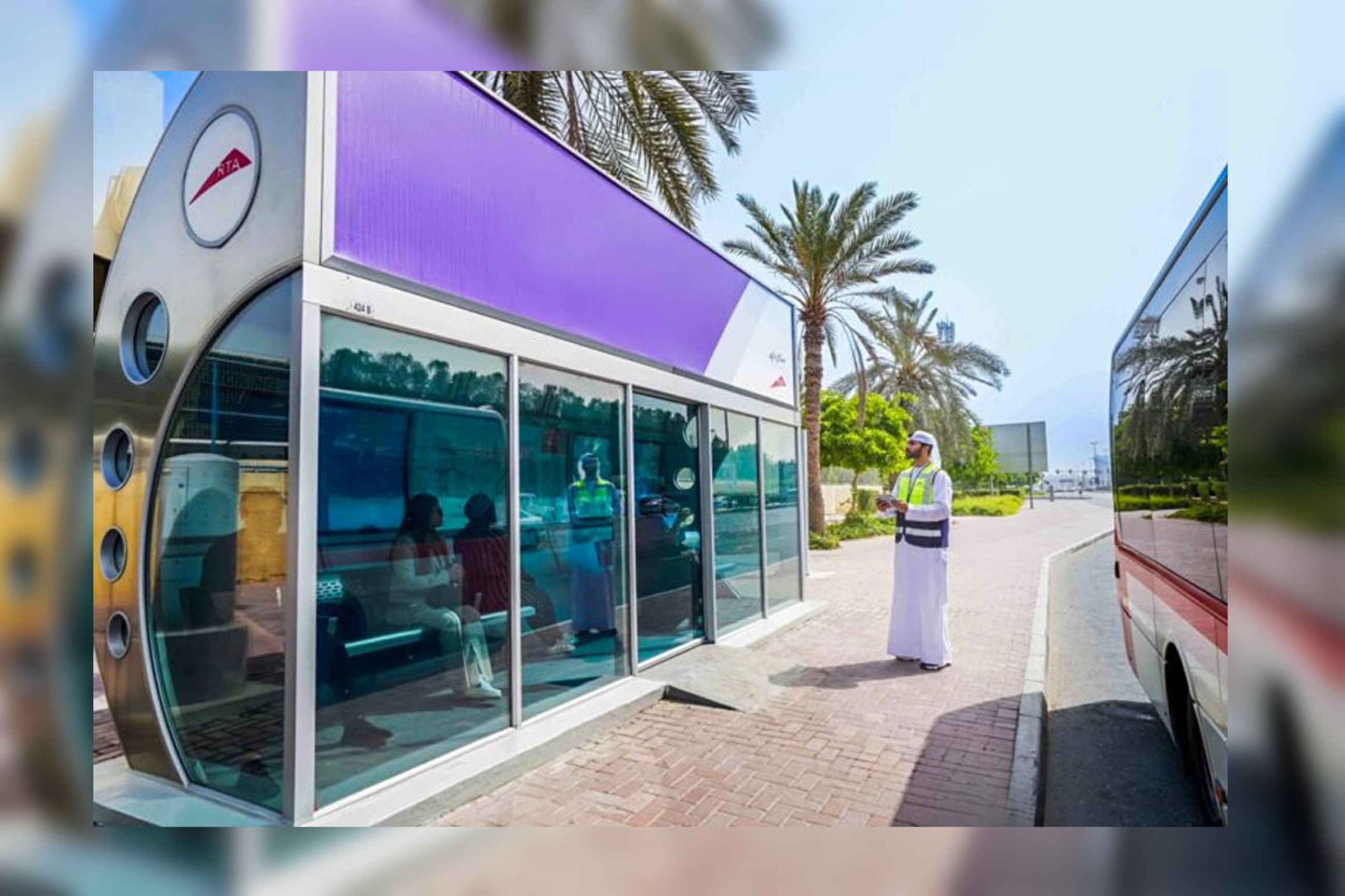Positive Community Engagement in Urban Development: A Case Study from Dubai
The recent installation of a new bus shelter near the NMC Hospital in Dubai stands as a testament to the efficacy of community engagement in urban planning and development. The Roads and Transport Authority (RTA) of Dubai deserves commendation for its commitment to enhancing public transport infrastructure, which plays a crucial role in improving the quality of life for residents. This development, while seemingly minor, captures the essence of larger transformative initiatives that are possible through active citizen participation and effective governmental action.
The presence of a bus shelter, particularly in areas frequented by visitors to healthcare institutions, is more than simply an aesthetic improvement; it is a necessary adaptation to the city’s climate. For many individuals who rely on public transportation, especially during the sweltering summer months, having shelter from the scorching sun can significantly impact their overall experience and comfort. This small yet vital addition to public infrastructure reflects a deep understanding of residents’ needs and an acknowledgment of the challenges they face daily.
The responsive action taken by the RTA highlights a larger trend in urban development—one characterized by the importance of feedback loops between the community and local authorities. The installation of the bus shelter followed expressions of interest from community members, underscoring the importance of civic involvement in shaping the urban landscape. Public forums, feedback sessions, and online platforms where residents can voice their concerns and suggestions are becoming increasingly pivotal in guiding local government actions. This case serves as an illustrative example of what can be achieved when there exists active dialogue between citizens and their representatives.
The effective communication throughout the process of this installation is noteworthy. Residents were kept informed about the planned improvements, creating a sense of transparency that builds trust within the community. This level of dialogue not only reassures residents about ongoing developments but also inspires a sense of ownership over the neighborhood. When citizens feel they are heard, they are more likely to engage constructively with initiatives aimed at improving their lives.
The bus shelter project also resonates with the broader objectives of the United Arab Emirates’ vision for sustainable urban living. The UAE has made significant strides in advancing public transport systems, recognizing their role in reducing traffic congestion and lowering environmental impacts. Projects like the new bus shelter align with national efforts to promote public transport as an efficient and eco-friendly alternative to private vehicle use. As more residents opt for public transportation, the need for such essential amenities becomes increasingly relevant.
Moreover, this initiative is significant in the light of Dubai’s broader urban development strategy, which seeks to create a walkable city. Enhancing public transport options and infrastructure is vital to nurturing a vibrant urban environment where people can live and work comfortably. The new bus shelter not only aids in this mission but also accommodates the needs of diverse groups, including those who may be visiting NMC Hospital for medical purposes.
Community-centered initiatives like these contribute to a deeper sense of belonging among residents. For many individuals, neighborhoods that promote active civic engagement and responsive infrastructure improvements become not just places to live, but extensions of home—providing comfort, safety, and accessibility. Residents like Mathew Litty, who express their gratitude for such developments, reflect the emotional connections people build with their environment.
As cities across the globe grapple with modern challenges, the Dubai model of integrating public input in urban planning provides a noteworthy blueprint. It showcases how urban authorities can effectively respond to the evolving needs of their populations through open channels of communication, thoughtful infrastructure improvements, and community engagement.
In conclusion, the recent completion of the bus shelter near NMC Hospital is a reminder of the power of collaboration between the government and its citizens. It illustrates that even small changes can yield significant benefits when they are grounded in community needs. As Dubai continues to evolve, such initiatives will undoubtedly play a pivotal role in shaping a sustainable and inclusive urban landscape.
Tags: #Dubai, #BusinessNews, #CommunitiesNews

